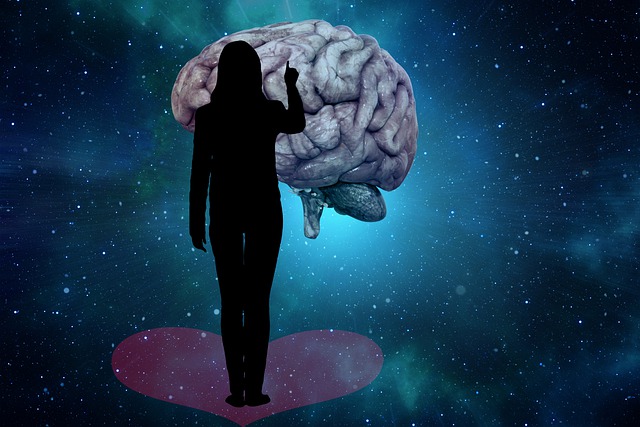How I Cured My Brain Fog?
Many people have experienced brain fog or mental fog at some point. This is described as a feeling of dizziness. Forgetting is a common complaint among older adults. As we age, humans experience physiological changes that can cause disturbances in brain function that you may have underestimated. It takes more time to learn and remember information.
You can no longer be as fast as when you were young.. Also, sleep deprivation, overwork, and stress can cause brain fog. Brain fog can be frustrating, but relief may occur. Don't neglect your symptoms. If left untreated, brain fog will reduce your quality of life and lead to other conditions such as memory loss, Parkinson's disease, and Alzheimer's disease.
Brain Fog Definition
“Brain fog” is not a medical condition. This is a term used for certain symptoms that have an influence on your ability to think. You may feel confused or find it hard to focus and put your thoughts into words.
Brain haze feels like a lack of mental clarity; it can affect your ability to focus and make it hard for you to remember things.
Some examples of things a person might do due to brain fog include:
- often feel annoyed
- takes more time than usual to complete simple tasks
- feeling tired while working
- forget about the tasks they have to complete
Brain Fog Symptoms
Brain fog is a sign, not a medical diagnosis. It can feel different for some people, and they may use the same term to refer to a variety of symptoms. Some of the characteristics of brain fog include:
1. Feeling tired
2. Feeling "spacy" or confused
3. Difficulty finding the word
4. Think more slowly than usual, and take more time to complete simple tasks
5. Easy to get distracted
6. Has difficulty organizing thoughts or activities
7. Forgetting daily tasks or losing mind
What Causes Brain Fog?
There are many reasons why brain fog may occur, but the most common include:
• Poor quality of sleep
• Stress
• Bad diet
• Hormones – particularly during pregnancy
• Dehydrated
• Certain medications
• Any underlying medical conditions
No matter what causes brain fog, it is thought that it occurs when the body is in an inflammatory state, as this slows down conduction between neurons in the brain – affecting concentration, energy and focus. But what can actually be done to combat this and eliminate brain fog?
Tips and Tricks for Reducing Brain Fog
Here are some steps that you can take to reduce brain fog:
Get enough sleep.
Sleep is important for your brain and body to clear unhealthy toxins that can contribute to brain fog. Try to follow a regular sleep schedule, and make sure you get 7 to 9 hours of sleep each night. Don't use electronic devices such as laptops, cell phones, or televisions before you go to sleep.
Increase Fat In Your Diet
Yes, you did not read it wrong. If glucose is fuel for your brain, then fat is "super fuel." Your brain is 60% fat, which is why low-fat diets have failed so fatally for your weight. and to your brain. Fats help the brain produce the raw materials needed to make important brain chemicals. This is why a low-fat diet is so bad – without enough fat, the brain literally eats itself up. When you don't eat enough healthy fats, your brain uses itself for fuel.
To keep your brain healthy and to get rid of brain fog, experts recommend a diet of around 50% healthy fats from nuts, coconut oil, avocado, olive oil, eggs, wild salmon, and grass-fed animal meat.
Good Stress Management Technique
The best way to reduce stress and offer significant added benefits is meditation. Meditation can make you smarter, happier, and more resistant to the ups and downs of life. People who meditate regularly experience increased focus and concentration, greater creativity, reduced stress, and better sleep. Research shows it can even bring down your biological age by up to 12 years!
Work on your memory
If you are someone who tends to forget, try using various tricks to improve your memory. For example, mnemonics, rhymes, or visual or verbal cues will be able to help you remember the things you want to remember. You can also try repetition; for example, if someone tells you their name, telling them back can help you remember them.
Final Words
In the end, brain fog can affect how you feel about yourself. Individuals often don't feel like themselves because the loss of mental acuity feels alien to them.

No comments:
Post a Comment